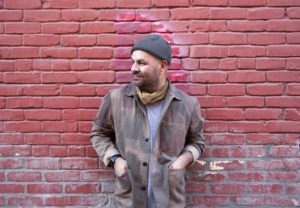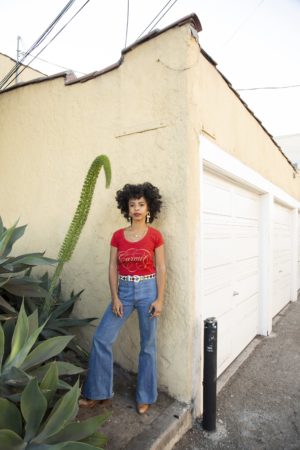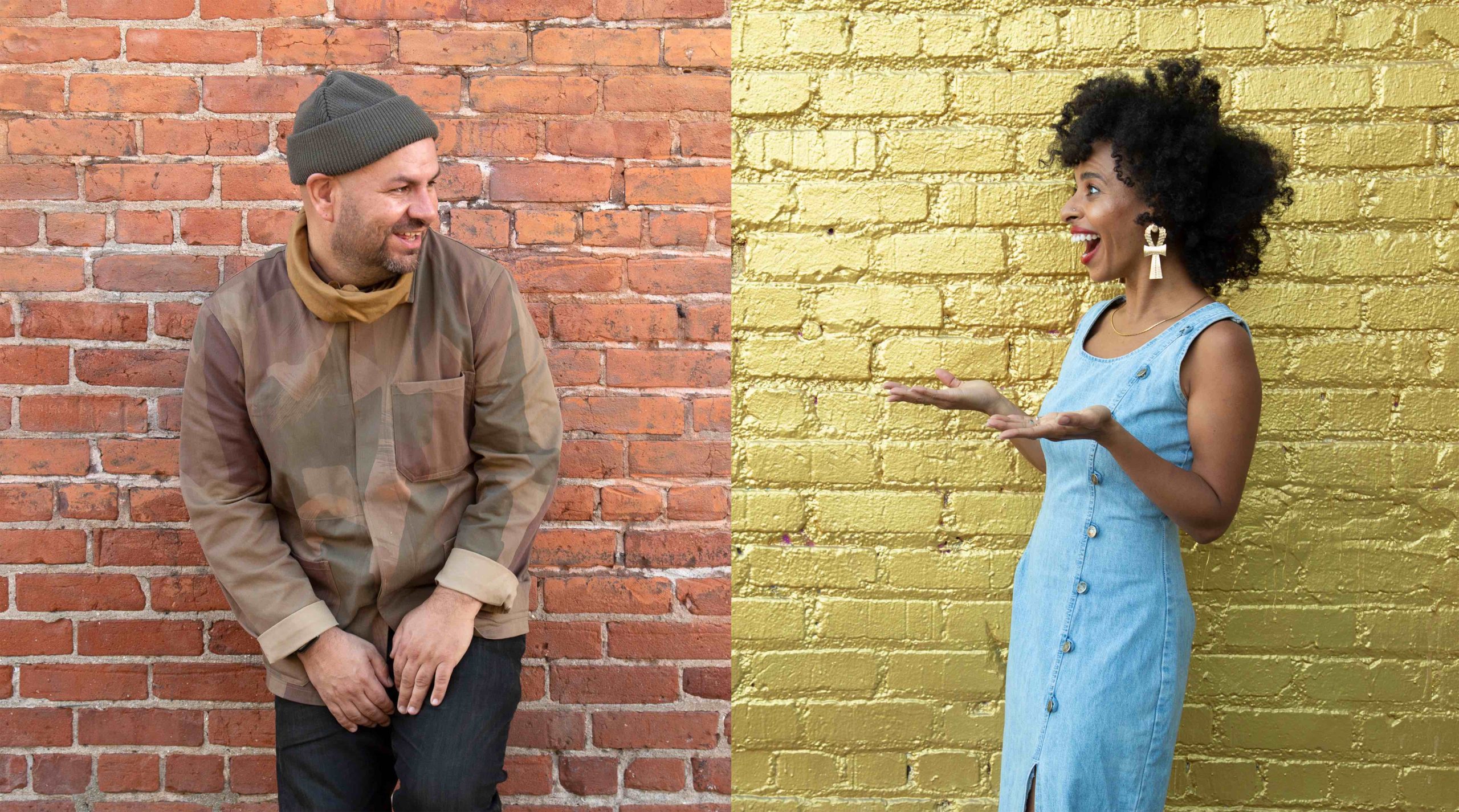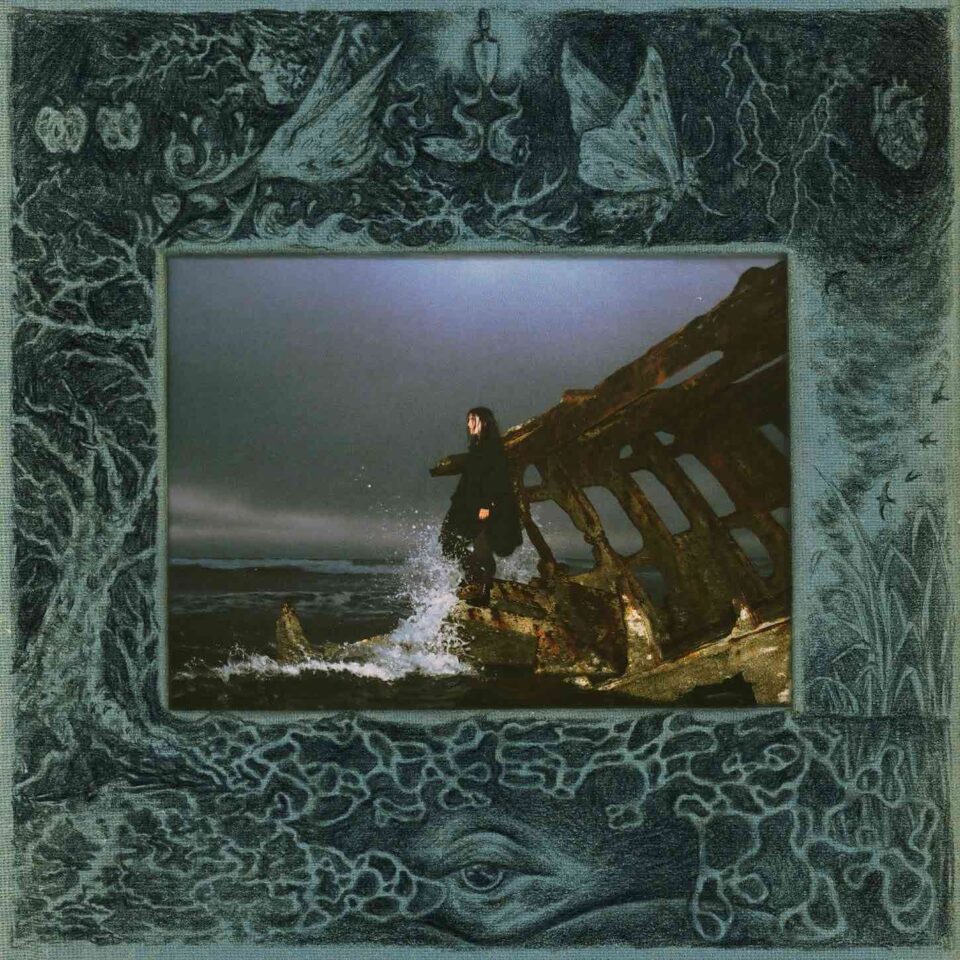The morning radio show: One of the most coveted positions in broadcasting. With it comes power and pressure to keep audiences tuned in with humor and topical conversations in between frequent commercial breaks. With a wake-up call when it’s still dark outside, more often than not this slot is held down by two or more lively individuals, plus chatty guests. What is heard very little of during the morning drive-time programs is music.
Los Angeles’ KCRW, the trendy outpost for National Public Radio, has a morning program—its flagship show Morning Becomes Eclectic—which has very little in common with a traditional morning radio show. For one thing, unobtrusive sponsors notwithstanding, there aren’t any advertisers to appease by keeping audiences locked in with comedic conversations. For another, MBE kicks off at the very reasonable time of 9 a.m. and runs for a manageable three hours. And perhaps most unique, MBE is all about the music. In fact, it’s common understanding that the show dictates the musical tone of Los Angeles in the first degree, then spreads to the rest of North America and the globe via KCRW.com.

The musical personality of the city being influenced by MBE has been the case since its inception in 1977. The hosts for the show have turned over in roughly ten-year cycles starting with Tom Schnabel, followed by Chris Douridas, Nic Harcourt, Jason Bentley, and Anne Litt.
When the announcement for the new MBE host was made, it was not only a welcome surprise, but also multiple firsts: the first time there have been two co-hosts: Anthony Valadez and Novena Carmel; the first time, at least on a permanent basis, that there is a woman hosting; the first time there are people of color in the position. If Valadez’s and Carmel’s first week at the job is any indication, they are worth the wait.
“We were auditioning by ourselves, trying to say, ‘Hey, pick me!’” says the vibrant Carmel, who was just as surprised as the rest of the world when she got the news that she would be co-hosting with her close friend of ten years, Valadez. “We each did our own demos, our own separate interviews, talked about what we had to offer, why we wanted to host the show, individually. I always thought it would be ideal to do it with [Valadez]. I mentioned it on a couple of occasions, because regardless of if it was us or not, it would be really cool to have two hosts. But it was never presented by KCRW that way. It was always, ‘We’re looking for the next host.’ No one knew until the minute they called us both and said we want you to co-host it.”
“When you’re on late at night, you’re throwing a football into outer space and you don’t know who’s catching it, and that’s the beauty. It’s a different dynamic and demographic in the morning. It’s like when you’re the opening DJ at 9 p.m. versus the 1 a.m. DJ slot. One’s more energetic, one’s more vibe. That’s one of the great things about KCRW: it’s curated for the curious.” —Anthony Valdez
Neither are strangers to KCRW listeners. Both Valadez and Carmel—who are on either side of forty years old—are known for their music discovery with their selections being, in a word, unexpected. It’s wise to have Shazam launched and listening when either of them take over DJing duties, as you want to favorite their entire set. Each was scouted by the station’s longtime Executive Producer, Ariana Morgenstern, and placed in one of the late-night weekend slots—the after-hours times with maximum musical freedom and no on-air interaction with artists.
Speaking of the shift from night to day, Valadez says, “When you’re on late at night, you’re throwing a football into outer space and you don’t know who’s catching it, and that’s the beauty. It’s a different dynamic and demographic in the morning. It’s like when you’re the opening DJ at 9 p.m. versus the 1 a.m. DJ slot. One’s more energetic, one’s more vibe. That’s one of the great things about KCRW: it’s curated for the curious.”
A Los Angeles native, Valadez has been at KCRW since 2008, as well as being a producer of his own music and a regular DJ on the club and event circuit—not to mention hosting and producing Crate Diggers, a show on record collection for Fuse TV. Plus, he’s been on the air at KCSN, KPFK, KROQ, and dublab. Carmel, the daughter of Sly Stone and a musician in her own right, was raised in the Bay Area but has called Los Angeles home for the last twenty years. She joined the team at KCRW in 2018. This was in addition to her proactive presence on the live music circuit as a booker for Temple Bar Concepts, and her DJ appearances around the city over the last six years.

MBE will be the latest in a string of collaborations involving Valadez and Carmel, including an interview podcast, Champion City Radio, and a pilot for a daily show on a Korean app. Their quirky videos on Instagram established them as a dynamic duo long before MBE, and likely tipped KCRW that their social media chemistry would translate well on-air.
“People are so used to just one host during that slot—in some ways two hosts can come across as dramatic or bold or daring,” says Carmel. “We’re sensitive to that. We don’t want it to be shocking in any sort of way that’s not palatable. We’re having a conversation with the audience, a three-way hang, that anybody can feel they’re a part of, talking about music.”
“It’s natural for the personality of each host to be in the shows. But also, the temperature and culture of the city is constantly changing. That has a huge impact on the music.” —Novena Carmel
The music is flavorful and true to the title of the show. The first show, on February 2, kicked off with The O’Jays’ “I Love Music,” a suggestion from a fan as a tribute to Litt’s year-long stint as MBE’s host. Over the course of its three hours, Valadez and Carmel played through SG Lewis’ and Lucky Daye’s “Feed the Fire,” Roy Ayers Ubiquity, Willie Nelson, Arlo Parks, and Nathaniel Rateliff. During the first week, the two welcomed original MBE host and music expert Schnabel for a deep dive into musical history through Schnabel’s personal picks.
“It’s natural for the personality of each host to be in the shows,” says Carmel. “But also, the temperature and culture of the city is constantly changing. That has a huge impact on the music.”
“Growing up in LA and taking the bus, you look at people and get a sense of LA,” Valadez adds. “I carry that with me when I curate DJ sets and when I’m on the radio.
“We want to connect to all of LA, but we want to do it with integrity. We want to bring LA to the world. We want people to smell the tacos on Sunset and Alvarado. We want people to smell the hot dogs on Pico Boulevard. We want them to feel the graffiti on Lincoln Boulevard. We want you to really feel and smell and see the colors of LA. That’s the ultimate goal.” FL







